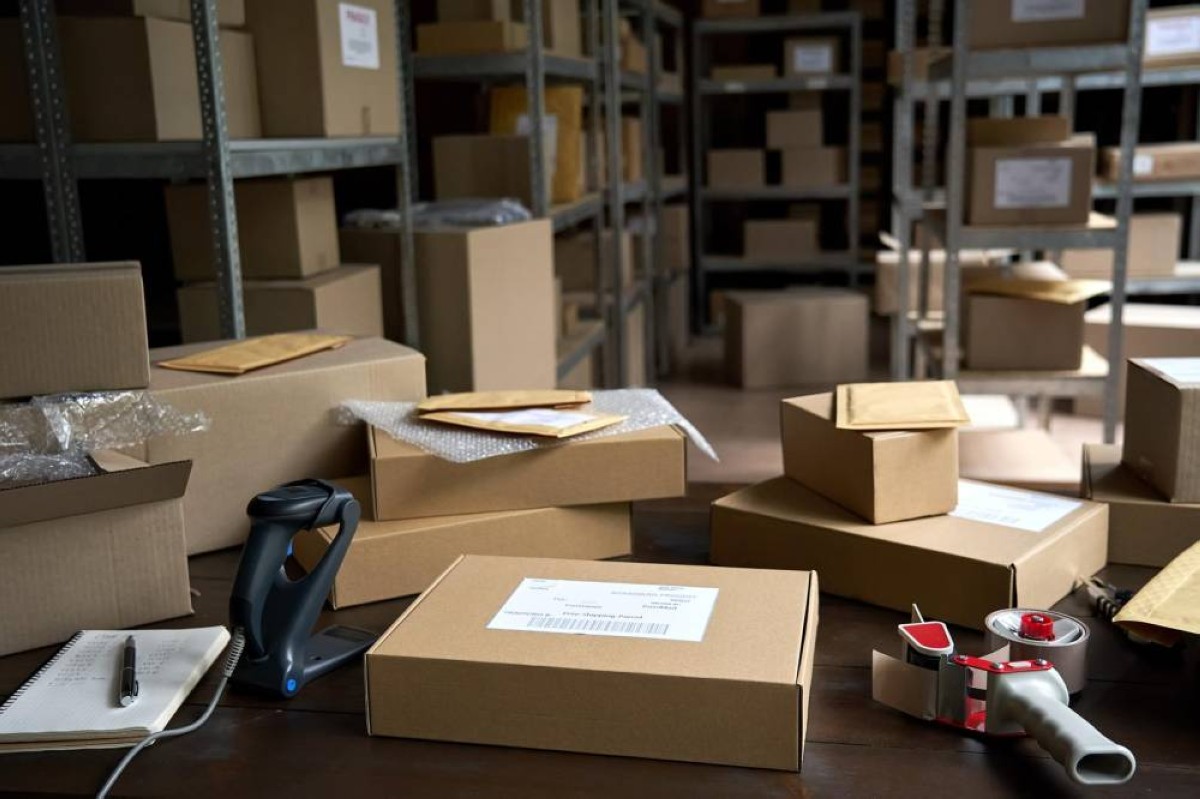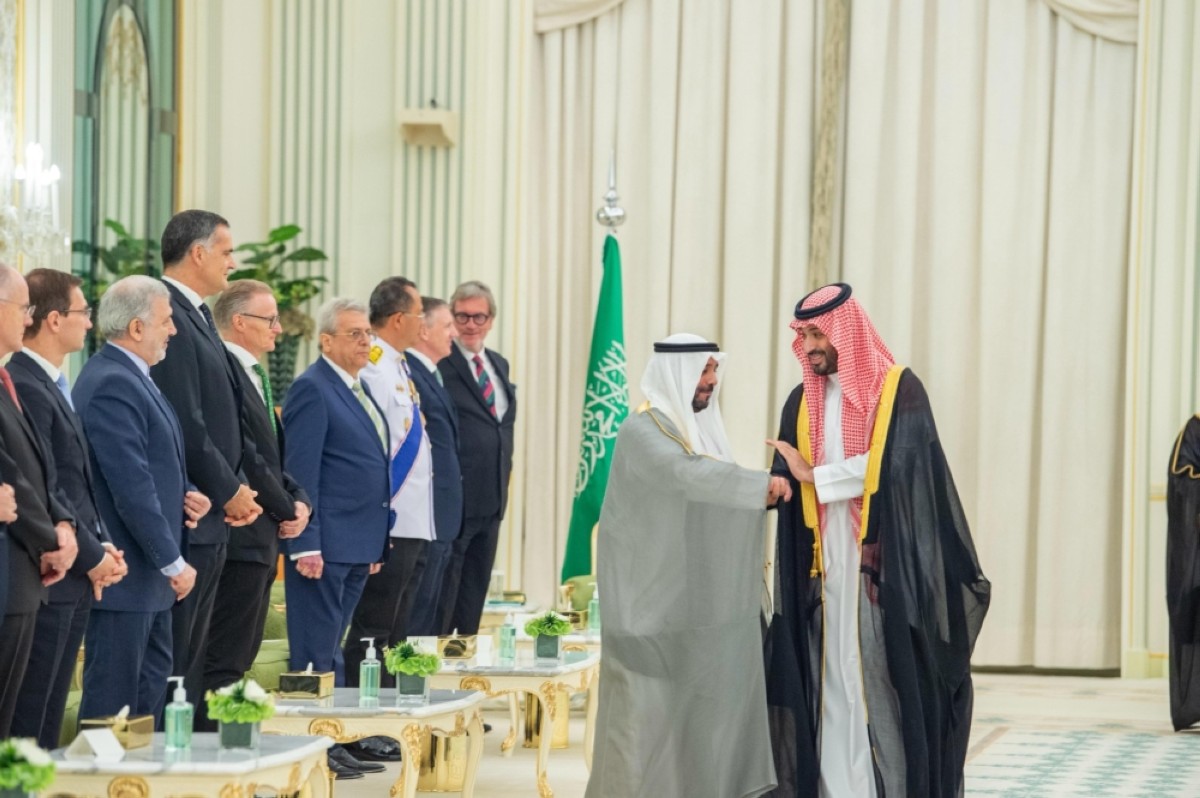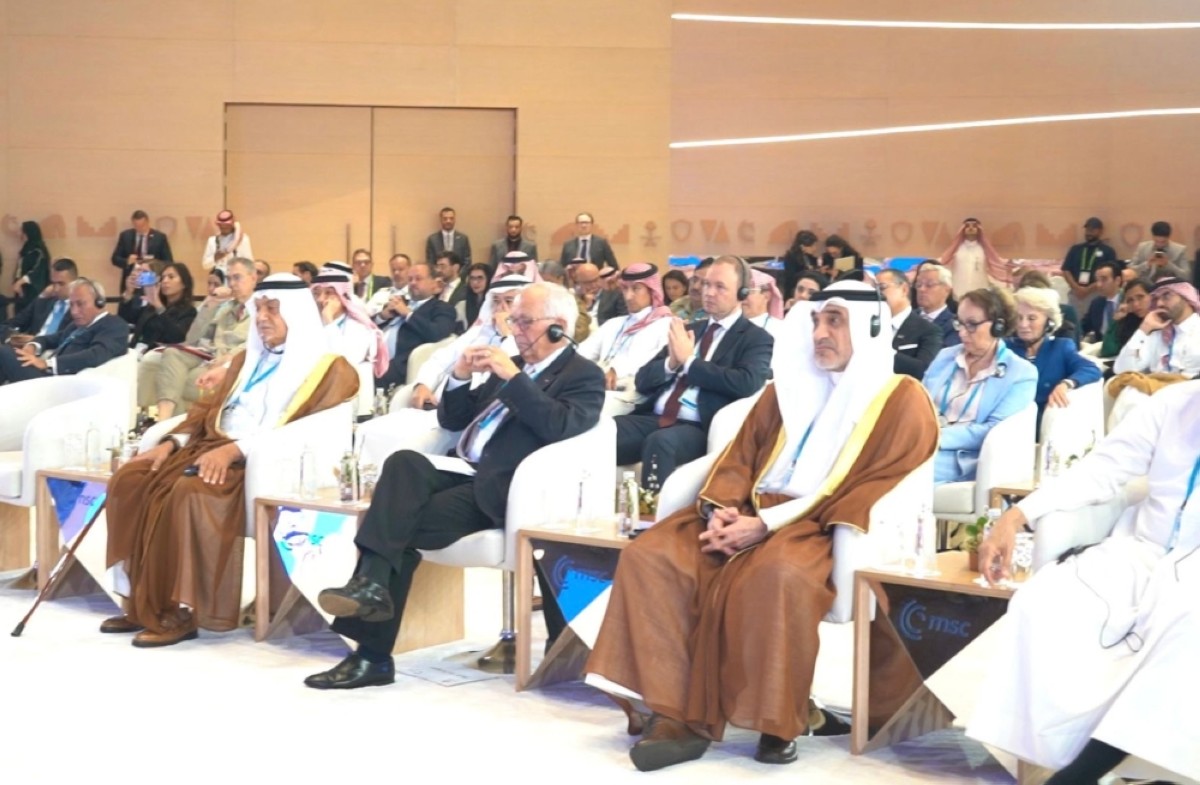KUWAIT: The way mail and parcels are handled in Kuwait is about to get a regulatory makeover. A new draft ministerial decision would require all postal service providers to be licensed, introducing stricter standards for operations, transparency, and accountability. The draft law, recently published by Kuwait’s Ministry of Communications, aims to bring the country’s postal services in line with international standards while addressing concerns over service quality and consumer protection. Under the proposed rules, any company or individual involved in delivering letters, documents, or parcels will need to obtain an official license from the Ministry.
Public consultation open
For the next two weeks, the ministry is collecting input from citizens, business owners, and professionals. Comments can be submitted via the ministry’s website or through QR codes shared on its social media platforms. “This is a real opportunity to unify efforts toward a modern, efficient postal environment,” said Acting Undersecretary Mishaal Al-Zaid. “Every opinion contributes to issuing legislation that reflects the sector’s needs and supports the national economy.”
This participatory approach reflects Kuwait’s wider efforts to implement smart governance and transparent policymaking, he added.
Who needs a license?
Under the draft law, no company or individual may carry out postal services—including letter, parcel, or document delivery—without a license from the ministry. Only Kuwaiti or GCC nationals are eligible to apply, while foreign companies may operate in Kuwait under existing strict regulatory conditions and with official approvals.
The resolution applies to a broad range of postal services. Regular mail is defined as mail weighing up to two kilograms. Express mail includes items between 500 grams and 30 kilograms. Registered mail refers to trackable items up to two kilograms, while parcels may weigh up to 30 kilograms. The resolution also covers any value-added postal services related to delivery or logistics operations.
Key obligations
Licensed companies must operate under their own brand identity and are prohibited from presenting themselves as official government postal entities. They are expected to maintain transparent financial and operational records and ensure the confidentiality of mail is respected at all times. All licensees must cooperate with ministry inspections and provide access to records and facilities upon request. License holders are also liable for any loss, damage, or delay in the delivery of postal items, unless the issue arises due to a sender’s error or an event classified as force majeure.
Mail privacy
The resolution places strong emphasis on protecting mail privacy. It is illegal for any licensee or employee to open or inspect mail contents without proper legal authority. Disclosing the contents of mail or giving unauthorized individuals access to postal records and systems is strictly prohibited. Violations are regarded as serious breaches of trust, and companies will be held fully accountable for any misuse of sensitive data.
The law also sets clear boundaries on what materials can be handled. It is forbidden to transport hazardous, flammable, or radioactive materials unless they are legally permitted and properly packaged in accordance with international safety standards. Narcotics and toxic substances are also prohibited, except when transported for approved medical or scientific purposes. Additionally, any materials that violate Islamic values, threaten public order, or are banned under local customs or security regulations are not allowed in the postal system.
Under the resolution, a licensee’s legal responsibility begins at the moment a postal item is received and continues until it is successfully delivered and verified. This means that courier companies and logistics operators must ensure proper handling, secure transit, and timely delivery. If a package is lost or mishandled, the company will be held liable—unless the loss is due to force majeure or the fault of the sender.
Safeguarding sovereignty
Licenses are valid for a period of one calendar year and may be renewed upon application. However, the Ministry reserves the right to revoke a license under specific circumstances. These include ceasing operations for more than six months, failure to pay regulatory fees, submission of false information during the licensing process, or leasing the license to another party. In the case of minor violations, the Ministry may issue warnings or suspend the license temporarily rather than revoke it outright.
The ministry emphasized that holding a license does not confer the legal status of a national postal authority, nor does it entitle a company to international postal privileges. This distinction is intended to safeguard Kuwait’s sovereignty over its official postal system while enabling competitive, well-regulated private sector participation.


 Business20 hours ago
Business20 hours ago
 Politics13 hours ago
Politics13 hours ago
 Latest News18 hours ago
Latest News18 hours ago
 Latest News20 hours ago
Latest News20 hours ago
 Latest News11 hours ago
Latest News11 hours ago
 Politics11 hours ago
Politics11 hours ago
 Politics10 hours ago
Politics10 hours ago
 Latest News10 hours ago
Latest News10 hours ago





















